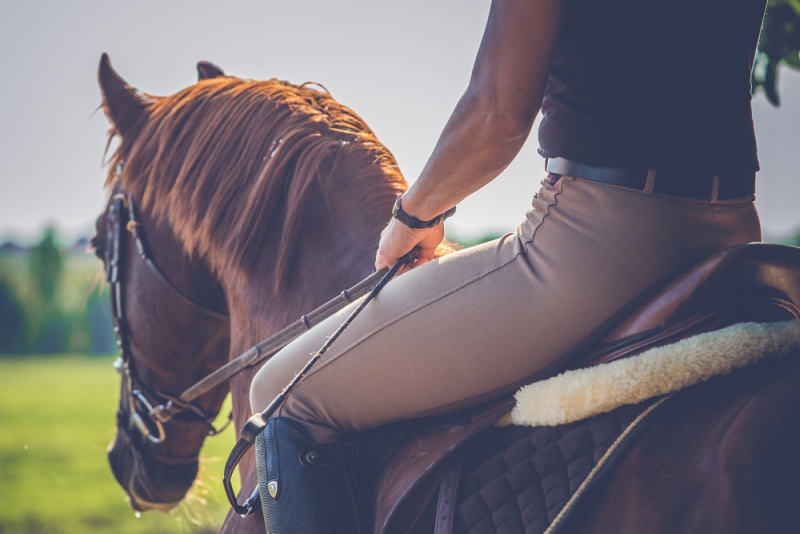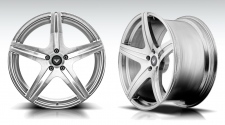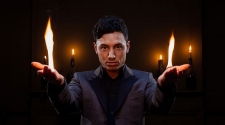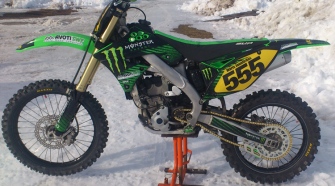If you’ve noticed some disturbing changes in your horse’s behaviors or mannerisms, it could be an indication that he is sick or in declining health. Horses tend to develop habits in their eating and behaviors much like we do. So carefully observe your horses for any deviations from those habits. But there are also some other, more obvious signs, to watch out for. For example, dull coats, patchy sweating, difficulty urinating, or labored breathing are all reasons for concern. It’s important to know what symptoms to look for and when to seek treatment for your horse, so here are a few of the most common.
Weight loss
A change in a horse’s appetite could be a cause for concern. Or it could just be due to weather changes or other minor factors. But if the horse is eating well and still losing weight, it is a definite sign that something isn’t right. Some conditions that cause weight loss are not as serious as others, but he will probably need a thorough examination to find out. In a study conducted on 40 horses, 40% of the cases where horses were experiencing weight loss couldn’t be diagnosed. But in the cases they could diagnose, it was determined that the weight loss was caused by “inadequate absorption/increased loss of nutrients.” This loss of nutrients was usually caused by inflammatory bowel disease or intestinal cancer. If your horse’s condition cannot be properly diagnosed, it’s important to keep him as healthy as possible with the proper nutrients and adequate amounts of rest.
Lack of energy
Horses’ energy levels will naturally decline a little as they start to age. But if your horse is normally active but suddenly starts to act lethargic, it could be cause for concern. You’ll need to contact your vet right away if your horse is suddenly inactive or starts sleeping more than usual. But if his energy is slowly declining, he could just need an extra boost to his diet. Equinety, for example, is an excellent supplement to give your horses to promote energy and health. You should make sure you’re feeding them quality hay and that they’re getting enough calories in their diets. A common cause of declining energy is that he is not getting enough to eat. This could be because he has put on some winter weight, so his body needs more fuel.
Dull coat
A horse’s coat can reflect what’s going on inside his body. A shiny, healthy-looking coat indicates he is properly nourished and usually feeling pretty good, but a dull coat could signal some problems. Before you jump to conclusions, though, take into account how it usually looks. Some horses are genetically dispositioned to thicker, lighter-colored hair, which is hard to make look shiny. Also, as your horse ages, he may have grays that dull his coat. And if he hasn’t been groomed in a while or has some winter fuzz, those could be more reasons why he’s not looking as shiny as usual. But if your horse usually has a glossy coat and environment is not a factor, it may be something you need to investigate.
Dietary imbalances are the most common cause, and often it will be accompanied by other symptoms. For example, if your horse is losing weight inexplicably, his coat will also probably start to dull. And the dietary imbalance could come from some of the conditions we talked about, such as inflammatory bowel disease. Or it could be caused by worms. Either way, it means something is robbing the horse of his nutrients.
















